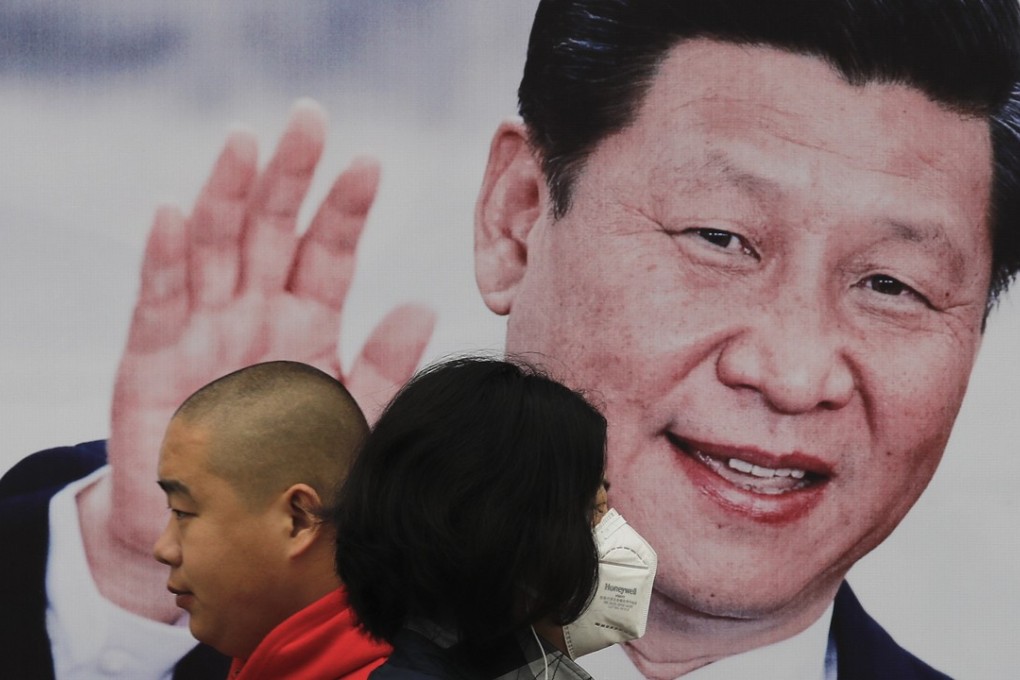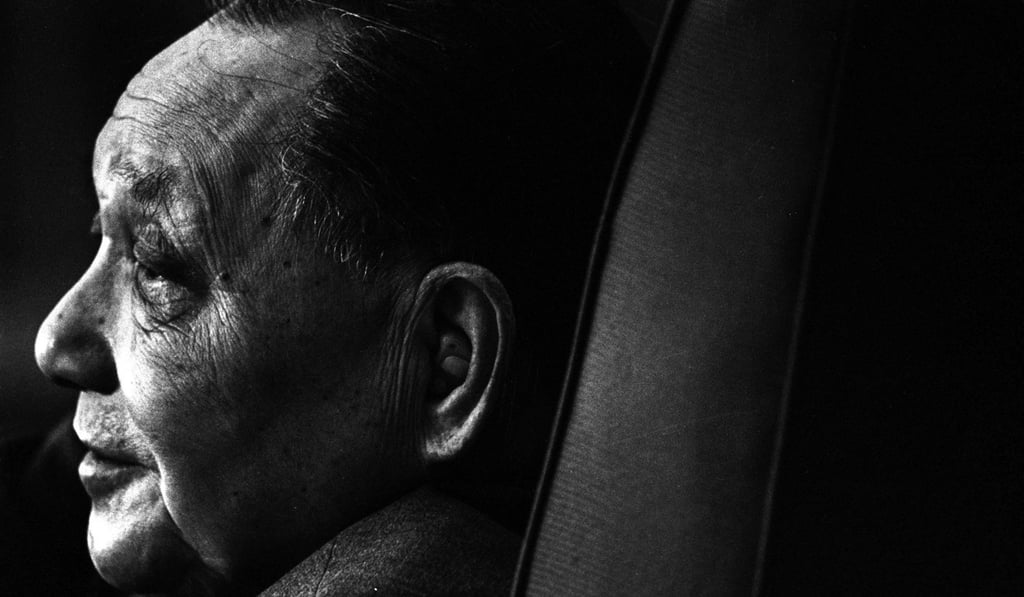Advertisement
Opinion | Will Xi Jinping’s new era of one-man rule bring the progress China desires?
Cary Huang says President Xi Jinping is meeting the demand for a return to ‘strongman’ politics, but this also risks repeating the tragedies of the Mao era. In today’s world, no nation can truly modernise under such a system
Reading Time:3 minutes
Why you can trust SCMP
0

China’s party congress every five years has often been a defining moment for the country’s development. At the just-concluded 19th congress, President Xi Jinping heralded a “new era” of Chinese politics, suggesting the start of a new political cycle.
State media has immediately indicated that this is “Xi’s era”, the third in China’s communist-ruled history, with Mao Zedong’s rule between 1949 and 1976 the first era, and the post-Mao era under Deng Xiaoping and his successors Jiang Zemin and Hu Jintao, the second.

A new era dawns for Xi Jinping’s China, but what will it mean for the rest of the world?
This new era marks the resurrection of Mao’s one-man rule and symbolises the death of Deng’s two most important political legacies: the consensus-building “collective leadership” and an orderly power succession mechanism.
The congress opens the door to Xi’s long-term rule, as his stature was elevated to a status parallelling Mao, getting his name and thinking enshrined in the party’s theoretical pantheon. Also, with no clear successor, Xi is set to dominate decision-making for years to come, putting 1.4 billion people, the world’s second-largest economy and an emerging nuclear-armed military power largely in the hands of one person.

Opinion: Why China’s Xi might come to regret all that power
Before Xi, Jiang and Hu were among the world’s most powerful politicians, even compared with their peers in the Group of 20. Yet Xi has amassed much more power than his predecessors and showed that he is a decisive leader. State media has propagated the need for strongman politics, not only to manage but to transform China and meet the many unsolved challenges at home and abroad at this historic juncture. Xi has also cited the lack of a strong leader as the reason behind the Soviet Union’s dissolution. Xi might aim to outshine Mao and Deng by leading a “Chinese rejuvenation”.
Advertisement
